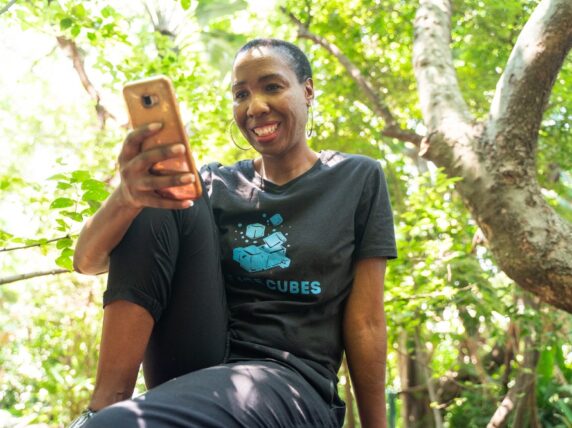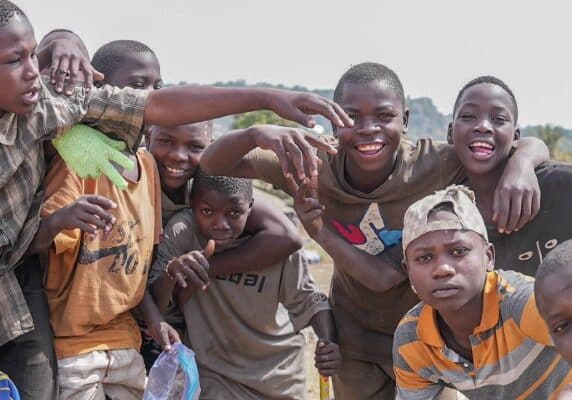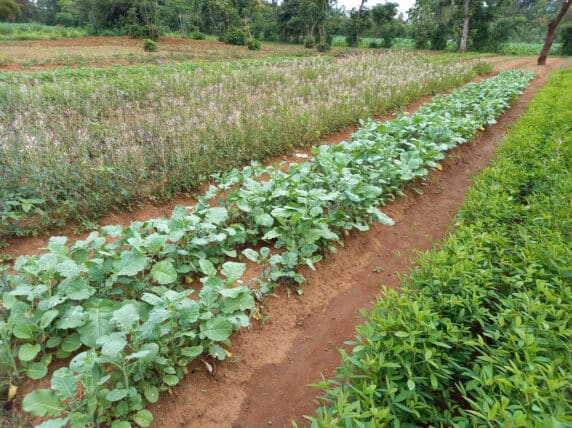Women’s economic empowerment is essential for wider gender justice, and women entrepreneurs are key to a huge number of other development outcomes. The Cherie Blair Foundation for Women share their latest research on the subject, conducted with Intuit.
With Artificial Intelligence (AI) and rural health, there lies an unprecedented opportunity for the international development sector to break down the walls of disparity and deliver hope to communities long overlooked by modern medicine. Dr Nojus Saad tells us more.
As information and communications technology for development spending takes up an ever-increasing share of program expenditure, it is wise for practitioners to reflect on its usage and draw insights. IT experts Janani Sridharan and Jacklyne Kobek offer some considerations for new technology in programming.
Humanitarians are being constrained by geopolitical agendas of donor states and the growing assertion of national sovereignty. What, then, can we hope to achieve? The University of Bath have designed courses specifically designed to help navigate the tumultuous humanitarian landscape.
Railway Children have developed a new way of reaching at risk children through a bus terminal in Mwanza, Tanzania. Programme Development Director Pete Kent tells us all about it.
Bond’s departing CEO, Stephanie Draper shares her thoughts on what a bold new direction for the INGO and humanitarian sector could look like.
Long-term funding is a constant challenge in development. Ripple Effect is directly challenging funders to take more risks and support its innovative social enterprise model.
Stephanie Draper on the new tool that will help INGOs build agile responses to the challenges and uncertainties the sector currently faces.
MzN International shares its steps towards becoming an agile, global and digital-first organisation in an ever-changing world.









